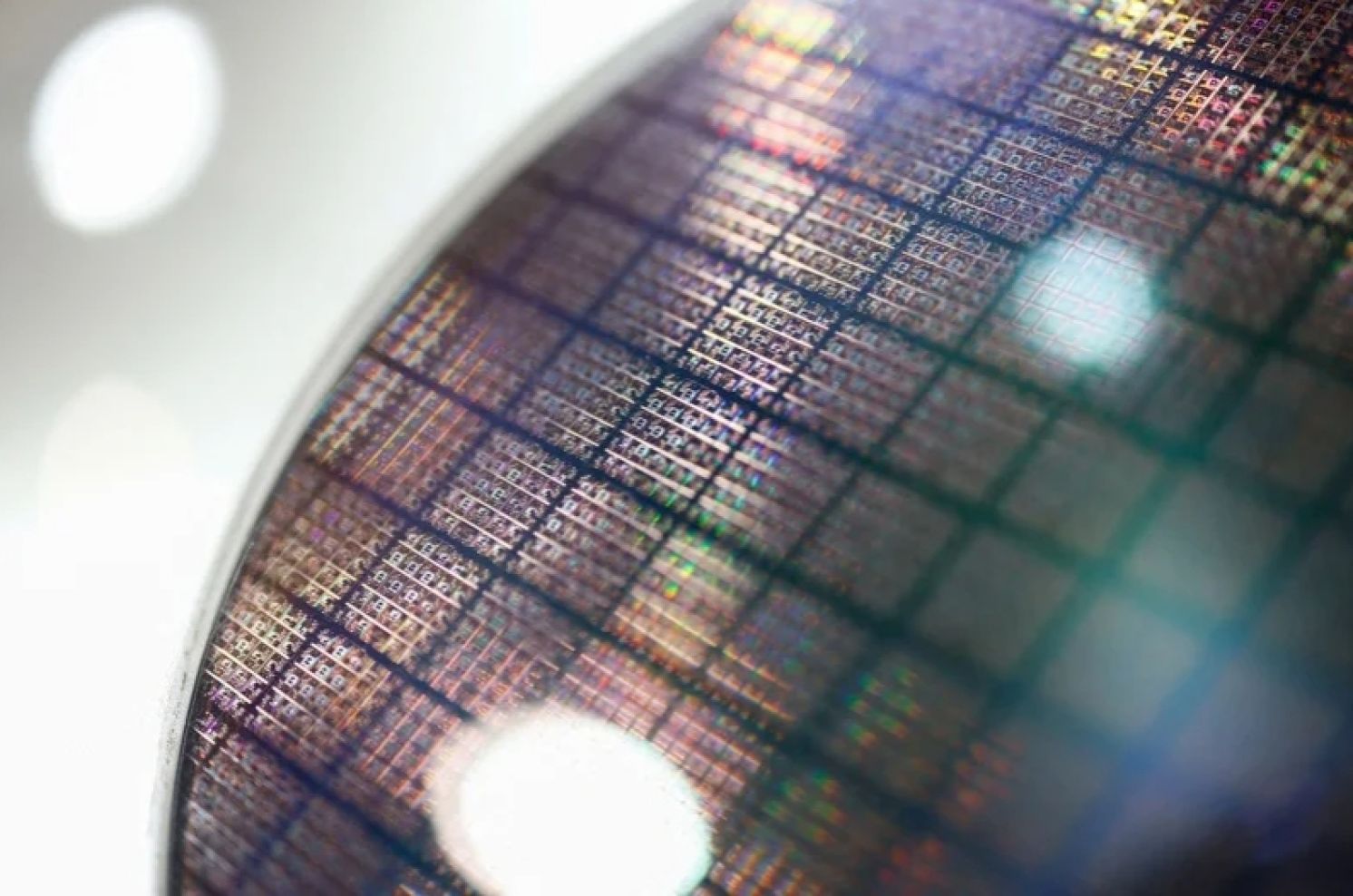
Another Case of TSMC Secrets Stolen, Exposing Vulnerability of Taiwan's Technology
United Daily News Editorial, November 21, 2025
Taiwan’s semiconductor industry has faced enormous pressure in global geopolitics in recent years. From supply chain restructuring to competition among major powers, even personnel or technical disputes within a single company can affect national security and industrial strategy. The case of Lo Wei-jen, former senior vice president at the Taiwan Semiconductor Manufacturing Company (TSMC) suspected of carrying large amounts of data related to sub-2nm advanced processes to Intel, elevated what would have been an internal corporate issue to a national security-level investigation. The public concern stems not only from Mr. Lo’s previous critical role at the company but also from the broader implications for Taiwan, highlighting the structural vulnerability of its technology strategy.
A high-ranking executive with decades at the company was reassigned from core responsibilities over a year before retirement and no longer had access to advanced process work—a standard TSMC practice for safeguarding senior personnel. Even so, the key questions remain whether the large volume of photocopied or handwritten material constitutes trade secrets, represents accumulated know-how, or is sufficient to endanger national interests. Government officials have largely maintained a stance of “personnel have been sent to investigate” or avoided over-interpretation, raising questions about whether authorities are downplaying the issue and whether the company is intentionally keeping a low profile.
Such ambiguous signals cast a shadow over the incident and have led to alternative market interpretations. After former President Trump repeatedly criticized Taiwan for “stealing U.S. chip technology,” some speculate whether Mr. Lo’s move and the U.S. government’s support for Intel reflect a broader political maneuver. TSMC’s “unusual silence” has fueled speculation that this may constitute a form of “technical buffer” or “strategic protection fee.” While such conjectures cannot be assumed factual, they reflect Taiwanese society’s anxiety over its position in the ongoing technology war.
The case also underscores the dual dilemma of semiconductors as a national strategic asset. While corporations are private and normally handle trade secret issues under business law, when technology becomes vital to national security, the government’s role cannot be limited to legal observation. The involvement of Taiwan’s Supreme Prosecutors Office under the National Security Act elevates the procedural level and highlights the need for a systematized national security protection framework beyond corporate self-regulation.
From a purely technical perspective, it remains uncertain whether Mr. Lo’s accumulated knowledge at TSMC can be directly applied at Intel. For example, Intel’s 18A process differs significantly from TSMC’s 2nm and 16A technology paths, making direct replication difficult. Yet this type of information can still confer a strategic or cultural advantage to competitors, indicating that the risk extends beyond the manufacturing process itself.
The incident also exposes another layer of vulnerability. The National Science and Technology Council (NSTC) noted that TSMC’s technological systems are large and highly integrated, making it difficult for a single employee to fully replicate advanced processes. While this reassures some public concern, it also highlights the gray area between talent outflow and national security risk. When multinational companies become extensions of geopolitical competition, Taiwan, lacking a comprehensive national strategy perspective, risks being a passive participant in great-power rivalry.
Multiple dimensions of the case indicate that Taiwan is confronting more than commercial espionage—it is facing a systemic test in the global technology war. Talent movement and collaboration in tech companies are no longer purely market-driven; for instance, Nvidia’s investment in Intel, U.S.-Taiwan semiconductor policy coordination, and congressional pressures can all influence corporate decisions. As global supply chains are rewritten, Taiwan needs not passive observation or simplified attribution of responsibility, but integrated governance capable of managing transnational, cross-industry, and cross-government risks.
Taiwan’s semiconductor strength derives from long-term accumulation of technical depth, industrial division, and a culture of trust. If these foundations are eroded by public panic or politicized interpretations of incidents, then that would constitute the true crisis. In facing this storm, Taiwan requires not just accountability but reaffirmation of principles, institutions, and strategic direction.
While this incident will eventually conclude, the questions it raises will have lasting effects on Taiwan’s role and position in the global technology map. Only by recognizing its own vulnerabilities can Taiwan protect its interests and maintain dignity in the next round of the global technology war.